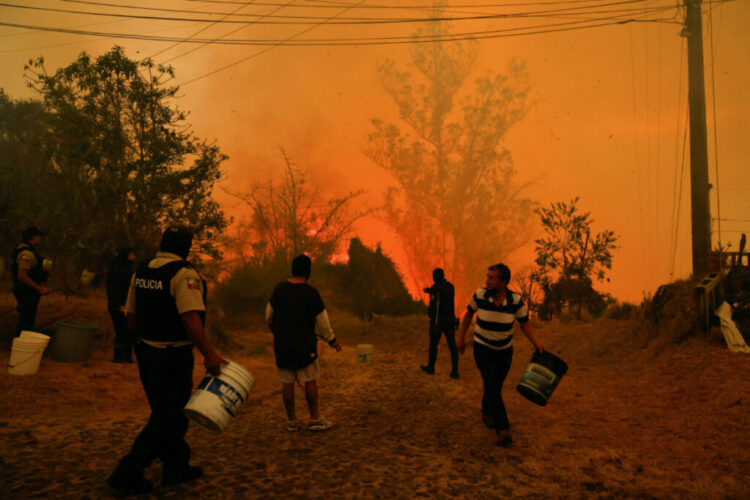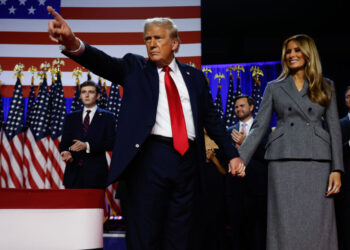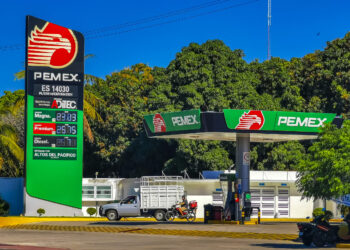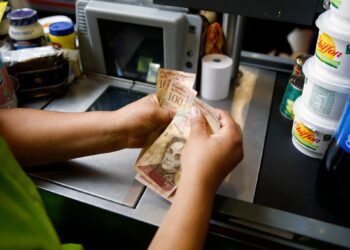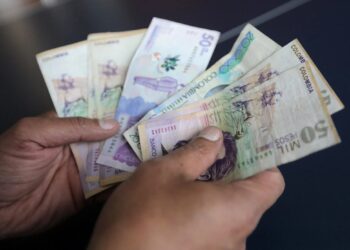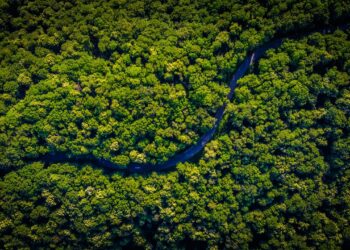Ecuador is facing its worst drought in more than six decades, leading to widespread wildfires, nationwide blackouts and severe disruptions to daily life. The crisis has forced President Daniel Noboa to shorten his trip to New York, where he was scheduled to give a speech at the United Nations General Assembly, to address the worsening situation in the country.
While the fires have been largely contained, blackouts continue to plague the nation due to low water levels in reservoirs. These energy shortages have raised concerns among bond investors, with Ecuadorian debt showing the second-worst performance among emerging markets last week, falling 3.25%.
The crisis represents a potential threat to Noboa’s political future, as his popularity could suffer if the situation is not quickly resolved. According to Katrina Butt, senior economist at AllianceBernstein, there are growing concerns that the prolonged blackouts could erode Noboa’s approval and weaken his chances of re-election in February 2025.
Despite the challenges, some analysts remain optimistic about Noboa’s prospects. Carlos de Sousa, emerging markets debt portfolio manager at Vontobel Asset Management, believes Noboa still has a strong chance of securing a second term, although his popularity could decline in the short term.
Ecuador has shown resilience, achieving a 75% return on debt this year, far exceeding the emerging market average. Investors are also awaiting the implementation of a debt-for-nature swap, which is expected to ease Ecuador’s debt burden. However, the upcoming elections, along with efforts to resolve the current crisis, will play a crucial role in shaping investor sentiment going forward.
